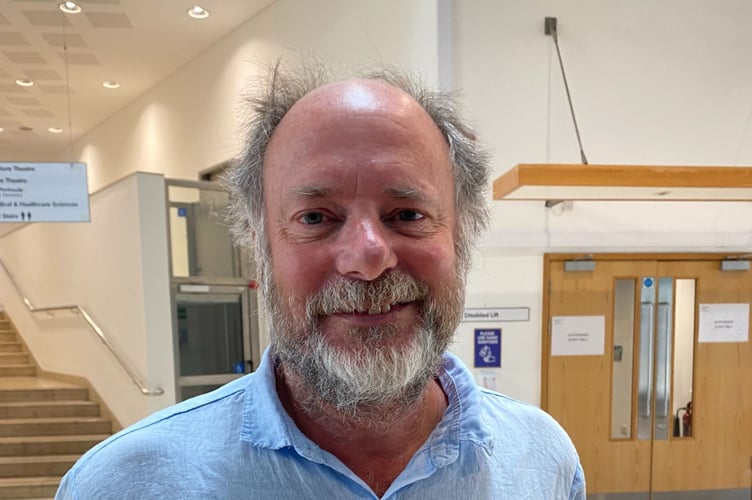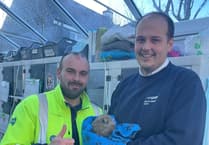A multi-million-pound plan aimed at keeping more children in care in Devon will seek to “remove the amoral aspect of profit” from services for vulnerable young people.
A total of £156 million from existing budgets has been pledged over 10 years to a prospective partnership that would provide more local options for children and young people. This includes 20 specialist, high-needs foster carers, some supporting under-13s, with help from a dedicated children’s home and three or four small therapeutic schools, one specialising in primary-aged children.
Around £8.8 million will also be borrowed over six years to buy or renovate 12 properties to become small children’s homes.
Last year, 116 children lived in children’s homes under Devon County Council’s care, with 42 placed outside the county, in places as far as Liverpool, Essex and Scotland. The council has so far only used providers that seek to make a profit, avoiding not-for-profit providers. As a result, while the number of children in homes has risen 29 per cent since 2020/21, the cost has almost doubled to over £41 million.
Now, the cabinet wants its 10-year partnership to be with a not-for-profit provider and will seek interest from such organisations. By the last year of the partnership, it hopes to spend £5 million less per year compared to current private arrangements.
Cllr Richard Jefferies (Liberal Democrat, Feniton & Honiton), cabinet member for children’s social services, said: “It’s not fair that so many children are living far away from their support networks, friends and family. They want to be looked after by people who are nurturing and friendly, be close to activities, school and have the chance to make friends."
Senior officers acknowledged that profits made by some providers mean costs are rising, while children’s needs are not always met.
“We’re spending a lot of money and not necessarily getting the right outcomes, so I’m confident this process will help with that,” said Julian Wooster, director of children’s and young people’s futures.
Council leader Julian Brazil (Liberal Democrat, Kingsbridge) said the plan aimed to “remove the amoral aspect of making profit out of vulnerable young children”. He also thanked former children’s services cabinet member Cllr Andrew Leadbetter (Conservative, Wearside and Topsham) for his work on the initiative before the Liberal Democrats became the largest party at County Hall in May.
Questions were raised about the length of the proposed agreement, given the likely reorganisation of local government. This process, which would see the abolition of Devon’s two-tier system, means the county council itself is likely to be abolished. With it likely replaced by an authority with a smaller administrative boundary, some wondered if not-for-profit providers could be wary of signing up.
Cllr Paul Arnott (Liberal Democrat, Seaton), vice chair of the council, asked what could happen to the agreement if the council was abolished.
Mr Wooster said not-for-profit providers need long-term contracts and some consider the size of a council important.
“There could be some hesitancy if Devon is broken up into very small authorities,” he said. “But one authority can host a service, and it can be split across several others.
“This can create issues, though, as you have to have very good working relationships between councils, which can be a struggle at times, in terms of politics and resource.”

.jpeg?width=209&height=140&crop=209:145,smart&quality=75)



Comments
This article has no comments yet. Be the first to leave a comment.